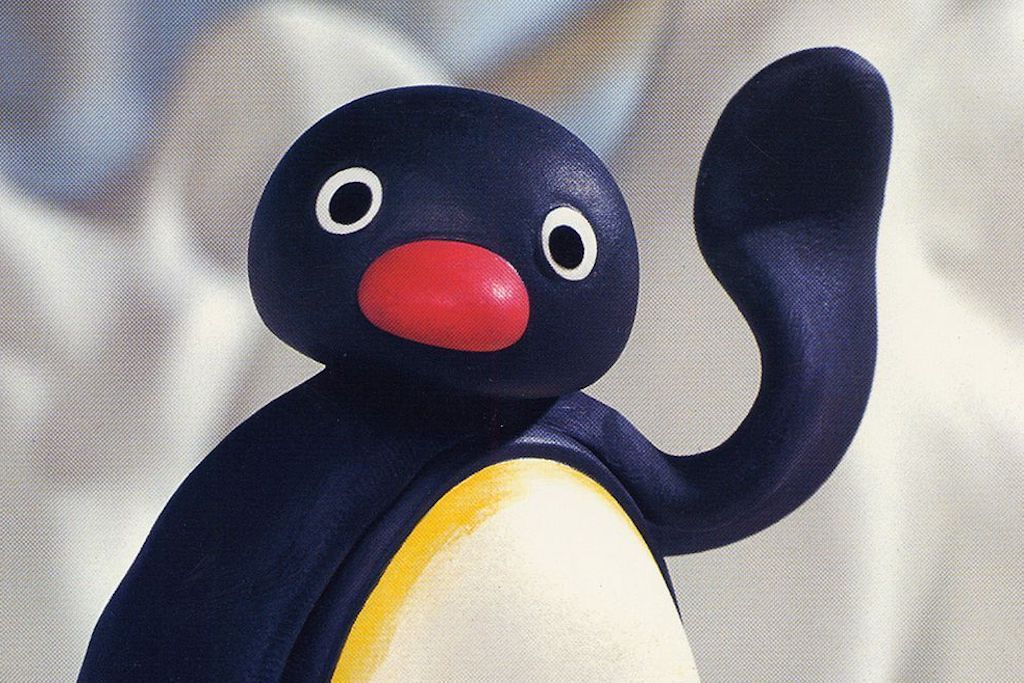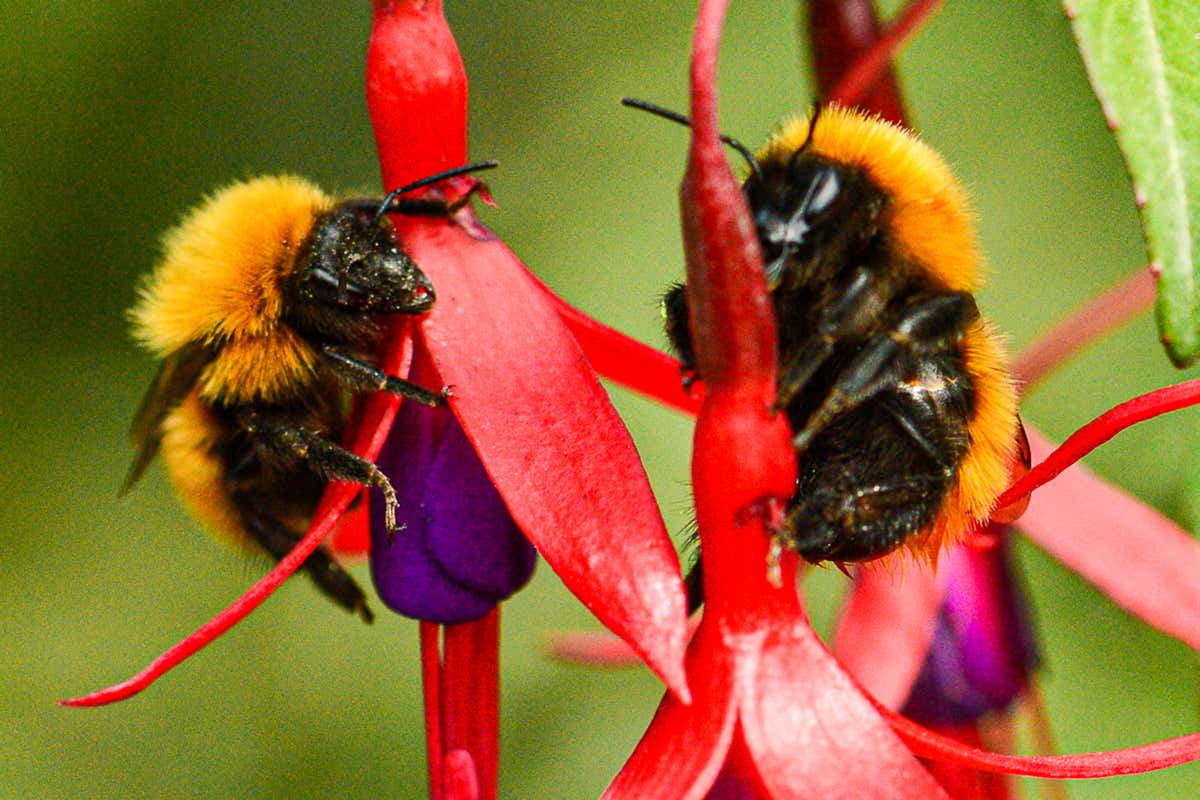They found that there were a quarter fewer species reported between 2006 and 2015, as compared with the records we have from before 1990.
The decline is especially alarming considering the number of bee records in this database has increased by around 55 per cent since 2000, so it isn’t down to a lack of observations.
It may not necessarily mean unrecorded bee species are extinct, but they are now rare enough that people who tend to report bee sightings aren’t encountering them.
The destruction of natural habitats, heavy use of pesticides and climate change could explain this decline in species richness, says Zattara.
“We are producing more food to feed our growing population,” says Zattara. “[We are] using highly economically convenient ways to grow single-culture crops, which is removing a lot of the bees’ natural habitat.”



Not surprising. There's at least two studies - a German one and a French one confirming it suggesting a decline of between 75% and 80% in insects populations (especially flying insects) in the countryside of their respective countries in the last 30 years. The root cause is not climate change (that'll come too of course), but pesticides use. The consequences are of course making their way up the food chain - the wild bird populations are already strongly affected by this disappearance of one of their food sources.
Given its similar - if not worse - pesticides use, there's no reason to think it's not happening in the US too.